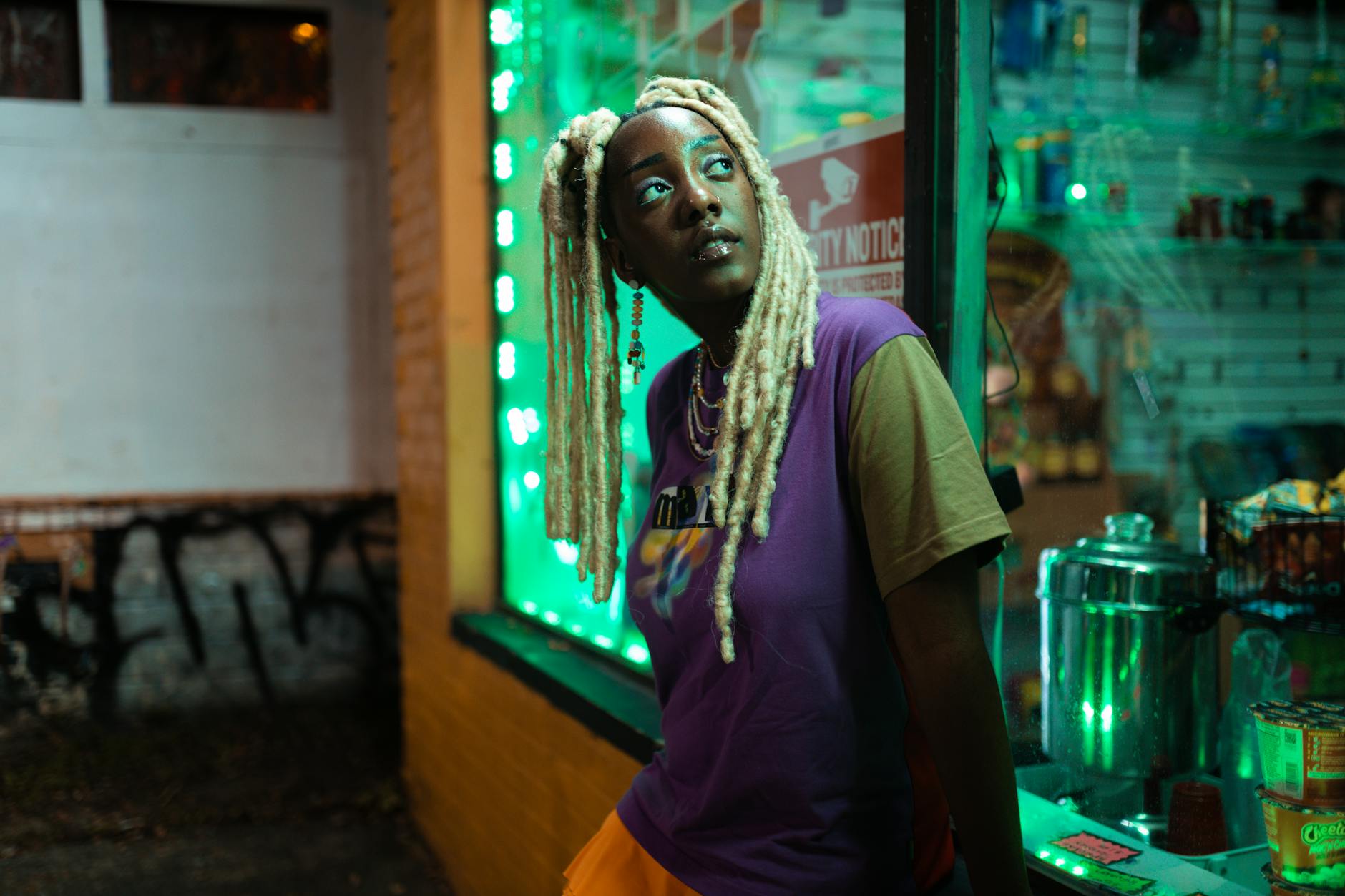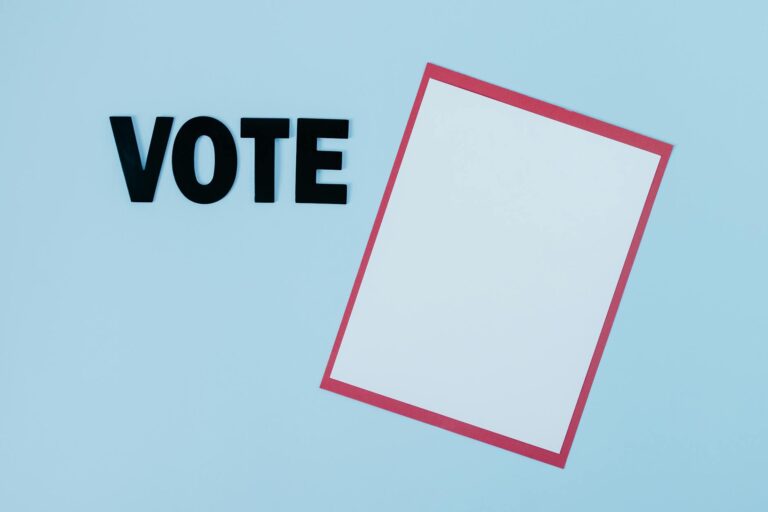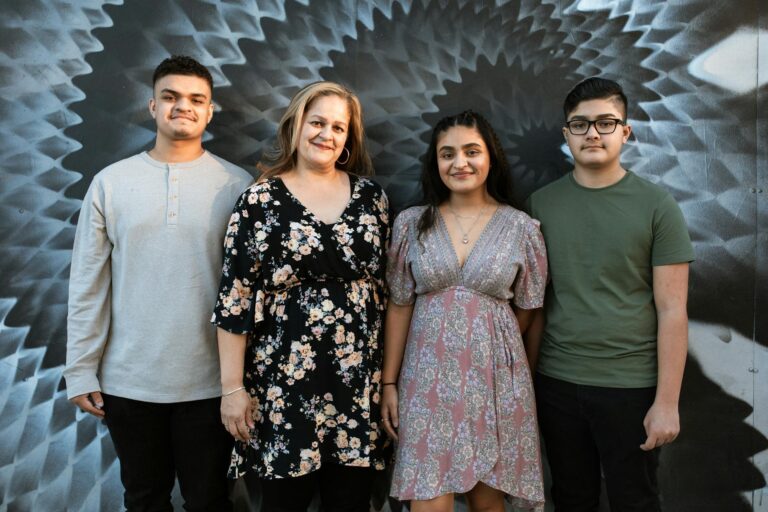US Student Visas Are Back—But Now They’re Checking Your Social Media
Let’s Break This Down
So the US has started processing student visas again—good news, right? But here’s the catch: they’re digging into applicants’ social media like never before. I mean, sure, they’ve always glanced at it, but now? It’s serious. Consular officers are scrolling through your posts, DMs, even your late-night meme shares to figure out if you’re a security risk. And honestly, it makes sense—they’re trying to keep things safe while still letting students in. But for you? Well, knowing how this works could be the difference between getting that visa stamp or a straight-up “no.”
Why the Sudden Social Media Scrutiny?
Okay, it’s not exactly new. The US has been peeking at social media for years—remember that whole “extreme vetting” thing? But after a few incidents where students with shady connections slipped through, they’ve cranked it up a notch. It’s all in the name of national security, backed by some executive orders and State Department rules. The goal? Weed out the bad apples without stopping legit students. Sounds fair, but the execution? That’s where things get messy.
What Platforms Are They Checking?
Think they’re just looking at Facebook and Instagram? Think again. Yeah, those are on the list, but so are Twitter, LinkedIn, and—here’s the kicker—even WeChat, Telegram, and random gaming forums. And don’t think deleting posts or going private will save you. Archived data exists. Screenshots exist. Basically, if you’ve put it online, assume it’s fair game.
What Exactly Are They Looking For?
The Bad Stuff
- Anti-US rants: Criticizing American policies? Not a great look when you’re asking to study there.
- Extremist vibes: Liking posts from flagged groups? Big red flag.
- Weird inconsistencies: If your visa application says you’re a quiet bookworm but your Instagram shows you partying every weekend, they’ll notice.
The Good Stuff
- Academic chatter: Talking about your research or that conference you attended? That’s gold.
- Cultural stuff: Volunteering or attending international events? Shows you’re serious about the whole “exchange” part of student exchange.
- Clear goals: Posts that match your visa story? Perfect.
How Far Back Do They Go?
Usually, they’ll check the last five years. But if something smells off? They’ll keep digging. And here’s the thing—now they’re straight-up asking for your social media handles on the visa forms. Forget to list one? That’s a risk you don’t want to take.
What If They Find Something Sketchy?
Worst case? Instant visa denial. But even if it’s not that bad, you could be in for extra questioning or delays. Appeals are possible, but let’s be real—it’s a headache. I’ve heard of students getting rejected for old jokes that sounded threatening or political posts from years ago. The internet never forgets, and neither do visa officers.
How to Not Screw This Up
Before You Apply
- Clean up your act: Go through your profiles and nuke anything even slightly questionable. Or at least set it to private.
- Avoid “just kidding” moments: Sarcasm doesn’t translate well in visa reviews. Play it safe.
- Show off the good stuff: Make sure your academic wins and career plans are front and center.
During the Interview
- Tell the truth: If they ask for your handles, give them. Lying is an automatic no.
- Explain, don’t argue: If they question a post, stay calm and clarify. Defensiveness looks guilty.
- Keep it simple: Answer what they ask—no need to overshare.
Myths You Should Stop Believing
- “Private accounts are safe”: Nope. If they want in, they’ll find a way.
- “Only political posts matter”: That pic of you wasted at a party? Yeah, that could hurt too.
- “Deleting fixes everything”: The internet is forever. Assume someone, somewhere, has a screenshot.
The Bottom Line
Look, this social media screening thing is just another hoop to jump through. Annoying? Absolutely. But if you’re smart about it—clean up your profiles, stay consistent, and don’t give them reasons to doubt you—you’ll be fine. It’s about balancing honesty with common sense. And hey, once you’re through, you can go back to posting memes. Just maybe not about US politics.
Need More Info?
- U.S. State Department Visa Guidelines (the official word)
- ACLU: Know Your Rights (because you should)
- NAFSA: Visa FAQs for Students (super helpful)
Source: PBS Newshour











